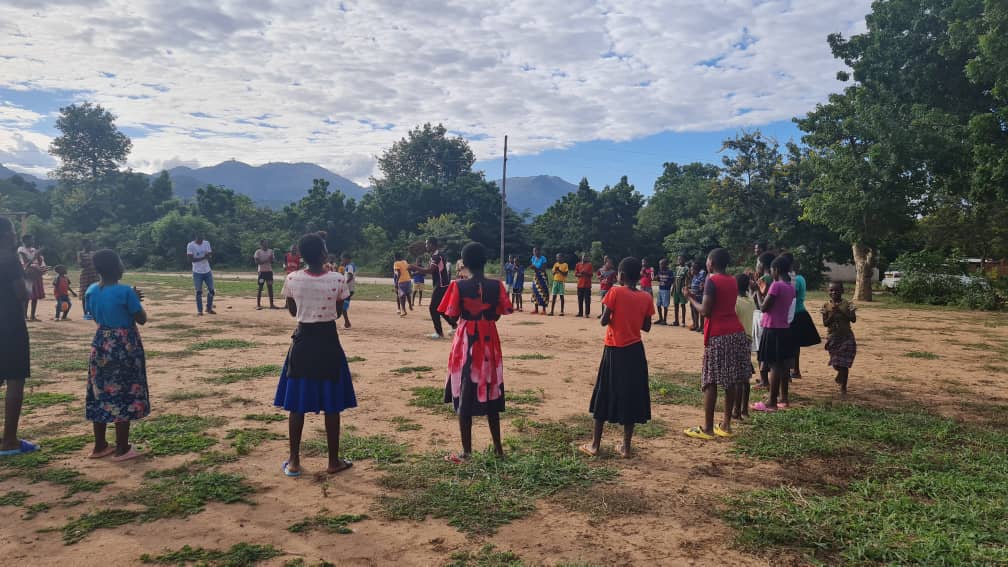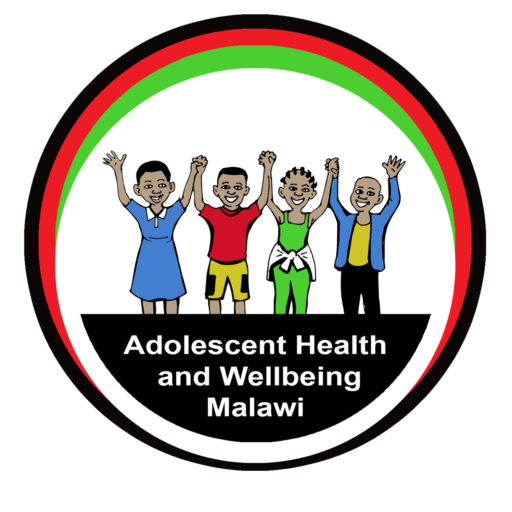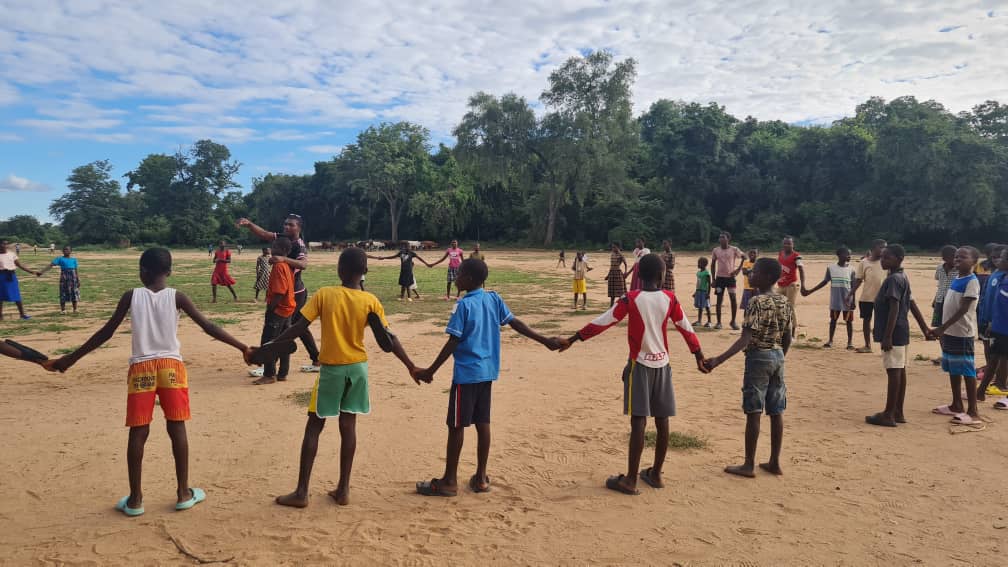As part of the Global Health Research Group on Adolescent Health & Wellbeing in Malawi we have been conducting formative research with young people to find out more about how adolescents perceive their own wellbeing.
It is interesting to learn from our initial research from one to one interviews and focus group discussions the similarities between young people in Malawi and other longitudinal surveys in the developed world. Family relationships which support young people, positive peer relationships and access to quality education were all mentioned as significant protective factors. Adolescents defined wellbeing as having their basic needs met, feeling emotionally safe, being respected, and receiving fair treatment at home were all mentioned a significant factors.

Adolescents in Malawi find joy in playing, socialising, and in particular participating in church and community activities. They are much happier with peers at school or outdoors than at home due to chores and restrictions from parents. These social and emotional factors all contribute to a sense of their belonging and happiness.
However, a wide range of risk factors and issues negatively impact on young people. They identified verbal abuse, peer bullying, domestic conflict, parental favouritism and neglect as significant, affecting emotional health, causing stress and sadness. Not surprisingly, the most prevalent persistent challenge for young people is the level of poverty they are experiencing. Access to adequate food, forced marriages and teenage pregnancies are on the increase and require better coordination of national and local policies.
~ By Monica Porciani (WS6 – Co-Investigator) and Velia Manyonga (WS6 PhD Student)




